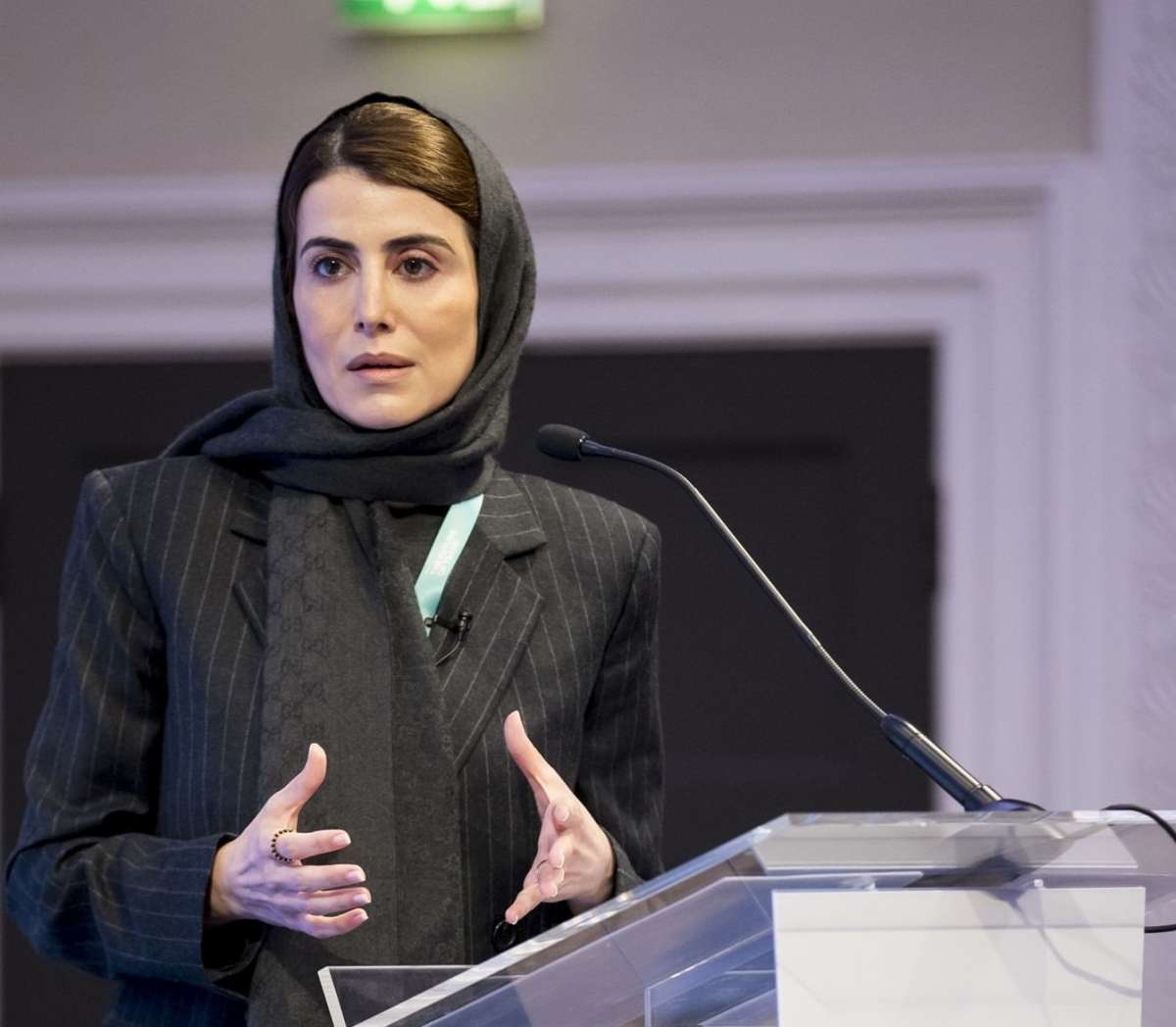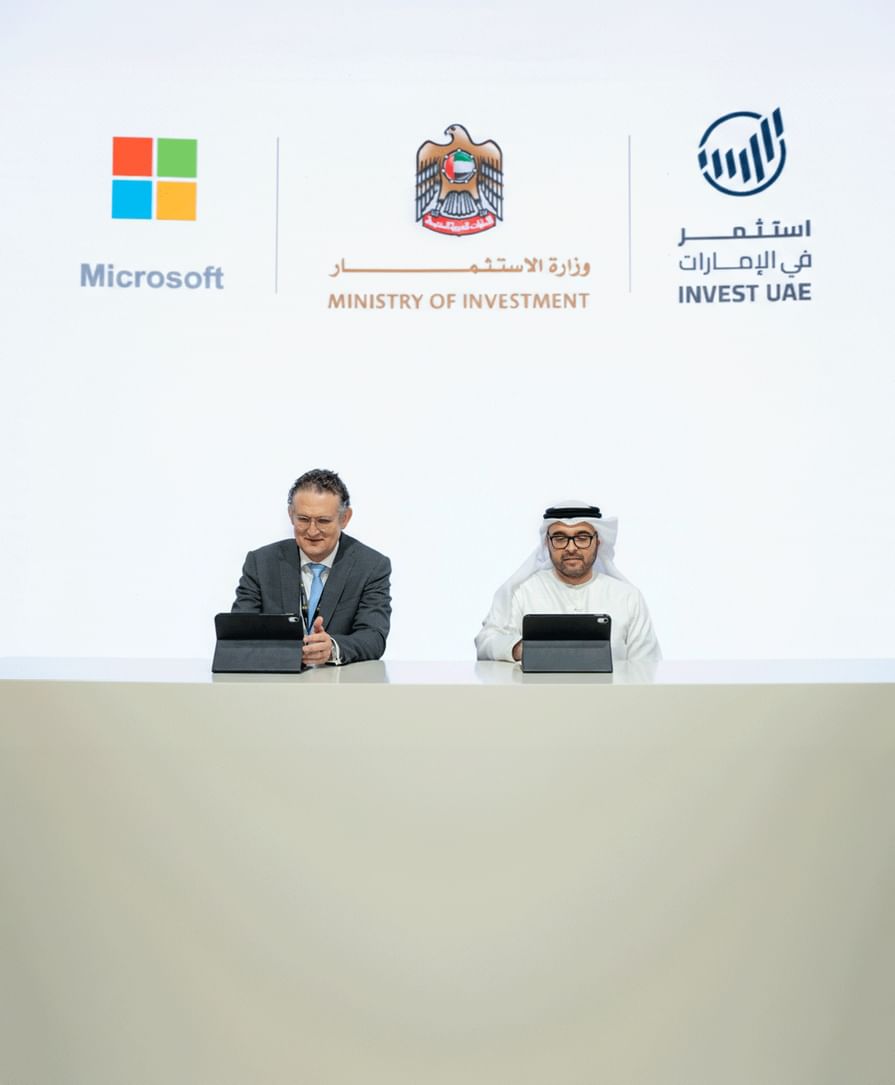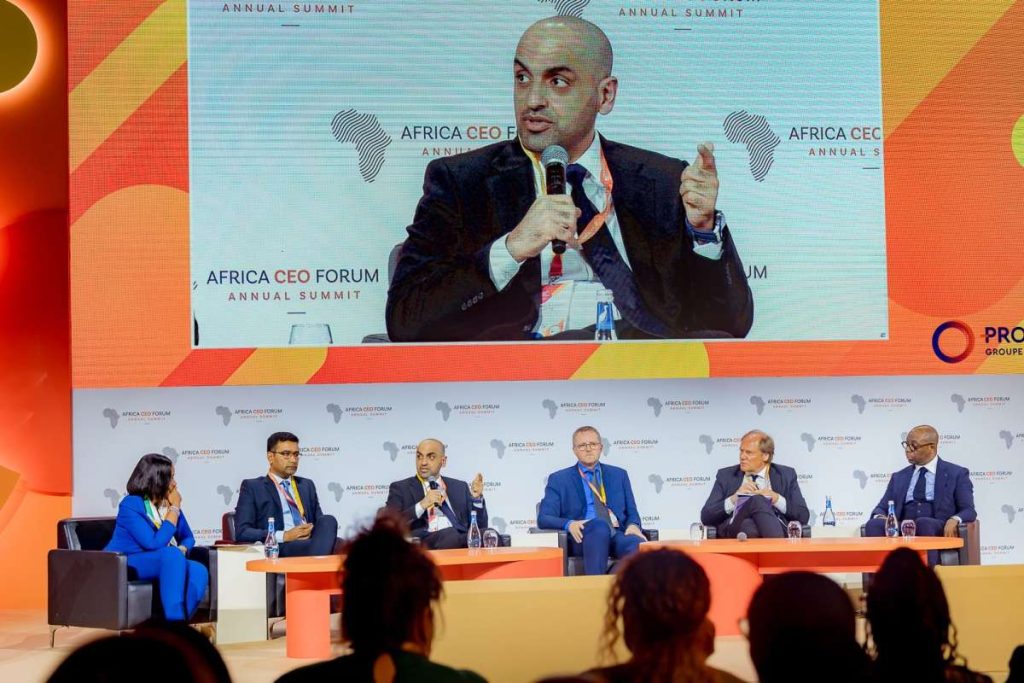UAE continued to dominate in the category of commodity endowment factors (77 percent) well ahead of all the other trading hubs, driven by its natural supply of oil….reports Asian Lite News
The United Arab Emirates has once again cemented its leading position as a global commodity trading powerhouse, maintaining its second-place ranking in the Commodity Trade Index presented in the Future of Trade 2024 report by Dubai Multi Commodities Centre (DMCC).
The DMCC Commodity Trade Index 2024 evaluates ten major trading hubs by analysing three crucial aspects of commodity trade across ten specific sub-indicators. These indicators capture the essence of locational advantages, commodity wealth across commodities such as coffee, grains and gold, financial services and logistics infrastructure, and institutional strength, offering a holistic view of each hub’s role in global trade. The data for these indicators are sourced from global institutions like the World Bank and the United Nations.
Against a global landscape of increased trade regionalisation borne out of geopolitical tensions, macroeconomic influencers and supply chain restructuring, competitive edges are taking hold for trade hubs that can leverage their relative political neutrality, geographic position, supply of strategic commodities and trade infrastructure.
As a result, the UAE continued to dominate in the category of commodity endowment factors (77 percent) well ahead of all the other trading hubs, driven by its natural supply of oil. The country also scored well in the institutional factors (66 percent), moving up one place from the previous iteration to come fourth, largely attributed to its attractive tax rates and robust trade logistics infrastructure. The Index indicated opportunities for further collaboration and enhancement of trade relations to boost the score for locational and trading partner factors.
Feryal Ahmadi, Chief Operating Officer, DMCC, said, “The UAE’s continued prominence among the top global commodity trading hubs underscores the country’s resilience to headwinds alongside the ambitious vision of our leadership that is driving our growth trajectory. The strategic location, world-class infrastructure and business-friendly policies in Dubai provide us with a cutting edge that continues to attract businesses and investors from around the world. The insights gathered from the Commodity Trade Index in our Future of Trade report will guide our path in shaping the future of commerce, driving sustainable growth and fostering meaningful partnerships that reinforce DMCC’s efforts to cultivating an environment ripe for businesses to succeed.”
In 2024, the United States leads the Index with a score of 59 percent, reflecting strong performance across all categories, while its highest marks come from commodity factors and institutional strength. Notably, Switzerland has ascended to the top three hubs for the first time with a score of 46 percent coming in strong on locational advantages and institutional factors, signalling its emergence as a significant player in the global commodities trade landscape. Singapore moved up three places to rank fourth with a score of 44 percent, while Hong Kong climbed up one position to the fifth place with a score of 41 percent.
The Netherlands (40 percent) and the United Kingdom (38 percent) witnessed the biggest falls in the ranking. The shift in the headquarters of oil company Shell from the Netherlands to the UK caused a big dent in the Netherlands’ locational score, while the effect of Brexit and the increase in tariffs imposed by trading partners impacted the UK’s ranking. The relatively high corporation tax further weakens the UK’s score.
The bottom three performers remained unchanged, which are China (34 percent), South Africa (18 percent) and Nigeria (10 percent), while rich in natural resources, they lag behind due to weaker institutional support and locational disadvantages.
In conclusion, eight of the hubs saw a decline in their Index scores and the gap between the top and bottom performers continued to widen, underscoring the major impact of geopolitical tensions and macroeconomic conditions on global trade.
ALSO READ: Indonesia, UAE collaborate to build mangrove research centre in Bali













